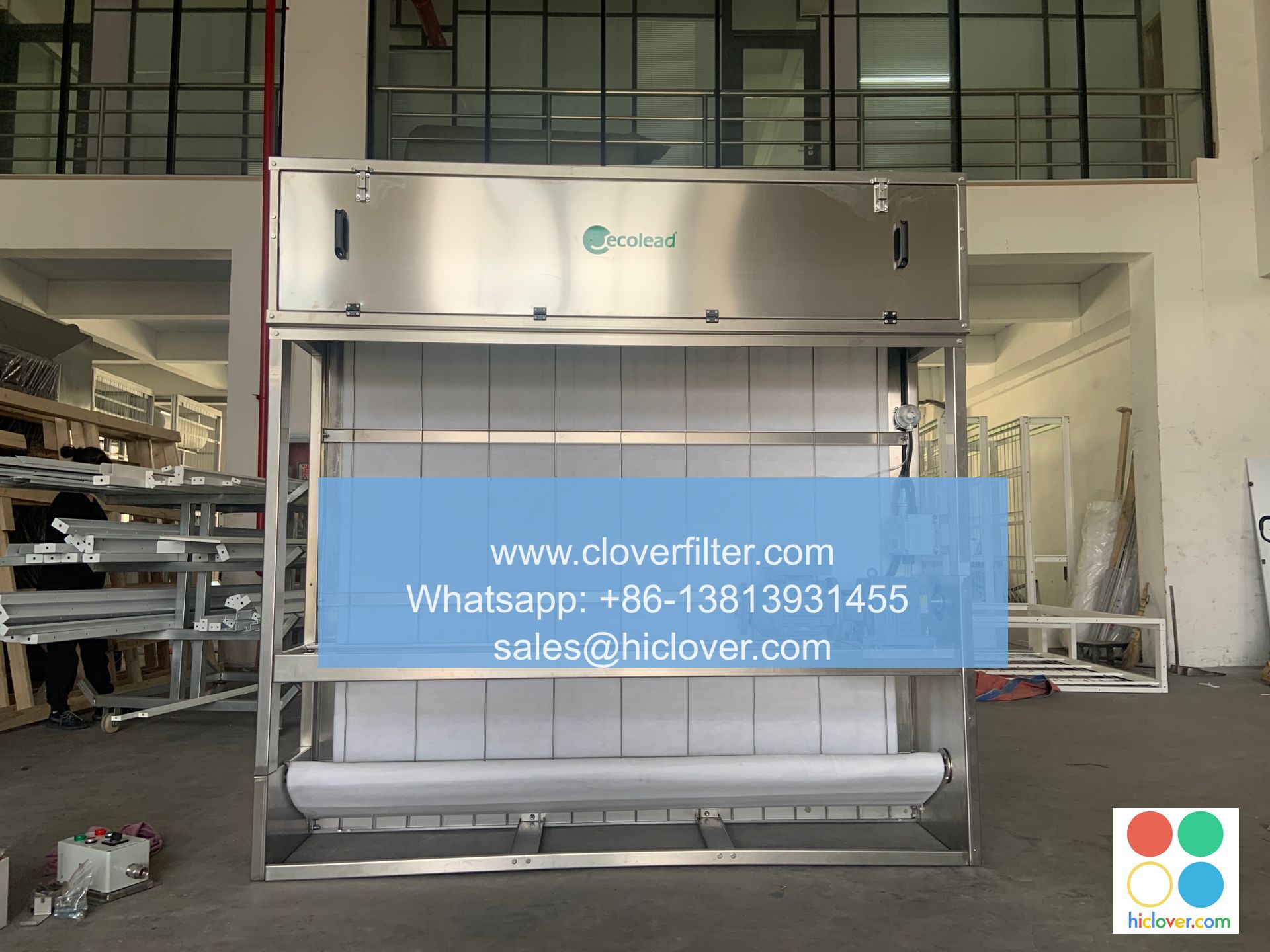The Benefits of Using Separate Filter Systems for HVAC and IAQ in Cleanrooms

The Benefits of Using Separate Filter Systems for HVAC and IAQ in Cleanrooms
When it comes to maintaining a cleanroom environment, proper air filtration is crucial to ensuring the highest level of purity and minimizing the risk of contamination. In cleanrooms, it’s common to use a combination of Heating, Ventilation, and Air Conditioning (HVAC) and Indoor Air Quality (IAQ) systems to achieve this goal. However, simply using a single filter system for both HVAC and IAQ can lead to inadequate filtration and compromise the overall cleanliness of the space. In this article, we’ll explore the benefits of using separate filter systems for HVAC and IAQ in cleanrooms and highlight various application areas.
What is a Cleanroom?
A cleanroom is a controlled environment that is designed to minimize the introduction and accumulation of contaminants, such as dust, bacteria, and other airborne particles. Cleanrooms are used in various industries, including pharmaceuticals, biotechnology, and semiconductor manufacturing, where precise control over environmental conditions is essential for producing high-quality products.
The Importance of Separate Filter Systems
When it comes to HVAC and IAQ systems in cleanrooms, using separate filter systems is essential for several reasons:
- Contamination Control: HVAC systems are designed to provide a controlled environment, whereas IAQ systems are focused on removing contaminants from the air. Using separate filters ensures that contaminants are not introduced into the cleanroom environment through the HVAC system.
- Efficiency: Separate filter systems allow for optimized filter selection for each system, resulting in more efficient air cleaning and reduced energy consumption.
- Cost Savings: Using separate filters can also reduce costs associated with filter maintenance and replacement, as well as energy consumption.
Benefits of Separate Filter Systems
Using separate filter systems for HVAC and IAQ in cleanrooms offers several benefits, including:
- Improved Air Quality: Separate filters can be selected based on the specific requirements of each system, resulting in improved air quality and reduced contamination.
- Enhanced Containment: Separate filter systems can help contain contaminants within the cleanroom environment, reducing the risk of cross-contamination.
- Increased Flexibility: Separate filters provide greater flexibility in terms of filter selection, allowing for more effective air cleaning and reduced downtime.
Application Areas
The benefits of using separate filter systems for HVAC and IAQ are particularly evident in the following application areas:
- Pharmaceutical Manufacturing: In pharmaceutical manufacturing, cleanrooms are used to produce high-quality medicines and vaccines. Separate filter systems are essential for ensuring the highest level of purity and minimizing the risk of contamination.
- Biotechnology: Biotechnology facilities often require cleanrooms for cell culture and microbiological testing. Separate filter systems are critical for maintaining a sterile environment and minimizing the risk of contamination.
- Semiconductor Manufacturing: Semiconductor manufacturing facilities use cleanrooms to produce high-purity wafers and reduce the risk of contamination. Separate filter systems are essential for maintaining a controlled environment and minimizing the risk of particle contamination.
Conclusion
In conclusion, using separate filter systems for HVAC and IAQ in cleanrooms is essential for maintaining a controlled environment and minimizing the risk of contamination. By understanding the benefits of separate filter systems and selecting the right filters for each system, cleanroom operators can ensure the highest level of purity and compliance with industry regulations. Whether in pharmaceutical manufacturing, biotechnology, or semiconductor manufacturing, separate filter systems are a critical component of any cleanroom operation.
I’m ready! What would you like to talk about or prompt me to generate?


